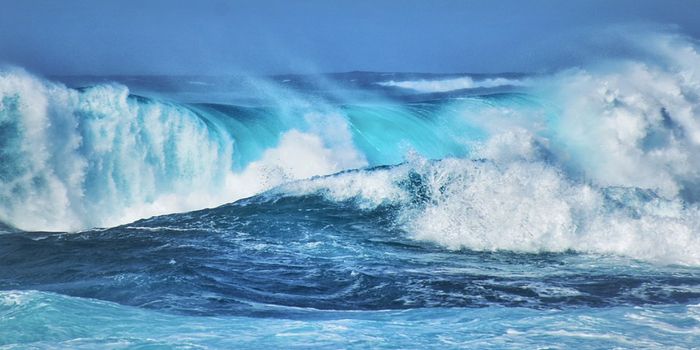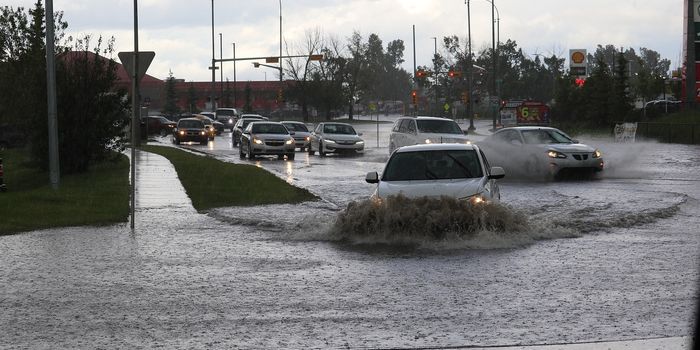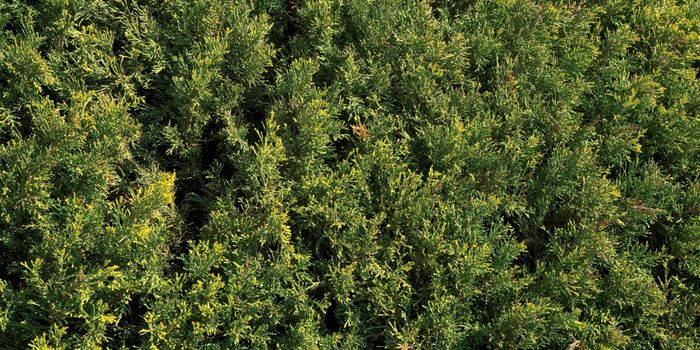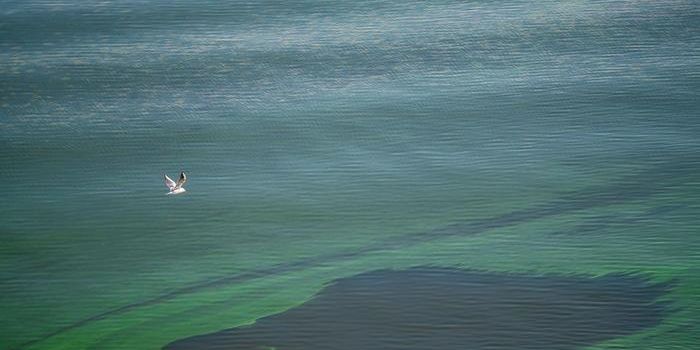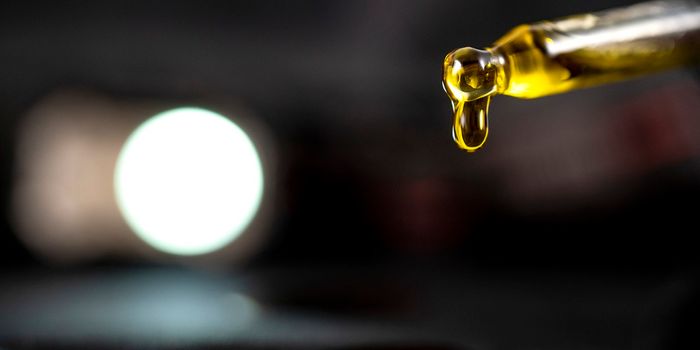Antibiotics Fight Mysterious Coral Disease
Coral reefs besieged by climate change and pollutants have a new line of defense against disease—amoxicillin, an antibiotic commonly prescribed to humans. According to research published April in the journal Scientific Reports, amoxicillin had a 95% success rate at treating lesions caused by stony coral tissue loss disease in great star coral.
SCTLD was first documented in 2014 and remains poorly understood. Its impact on stony corals in Florida and the greater Caribbean has been devastating, making treatment a high priority for reef managers.
In this study, researchers treated great star coral — a red-orange coral that often forms large boulders or plates — off the coast of Lauderdale-by-the-sea, Florida. Divers scored channels in the coral to separate SCTLD lesions from healthy tissue and applied two experimental treatment conditions. The first consisted of amoxicillin suspended in a silicone base specially formulated to prevent the antibiotic from leaching into the water column, while the second used chlorinated epoxy.
Over the next 11 months, coral lesions treated with amoxicillin were found to have “quiesced”—meaning the colony had no obvious lesions or active tissue loss—at a rate of 95%.
Another study, published in 2020, demonstrated that amoxicillin’s short-term effectiveness against SCTLD in a variety of coral species: boulder brain coral, grooved brain coral, symmetrical brain coral, mountainous star coral and great star coral. Effectiveness ranged from 67-90% in halting lesions over the course of a month.
Notably, in both studies, application of topical antibiotics didn’t prevent the development of new lesions on the same colony—but as-yet-unpublished research at the Florida National Marine sanctuary indicates that spot treatment as new lesions appear is extremely effective. While this amoxicillin paste won’t be a magic bullet for stony coral tissue loss disease, experts say its ease of application by SCUBA divers could make it a powerful conservation tool.


